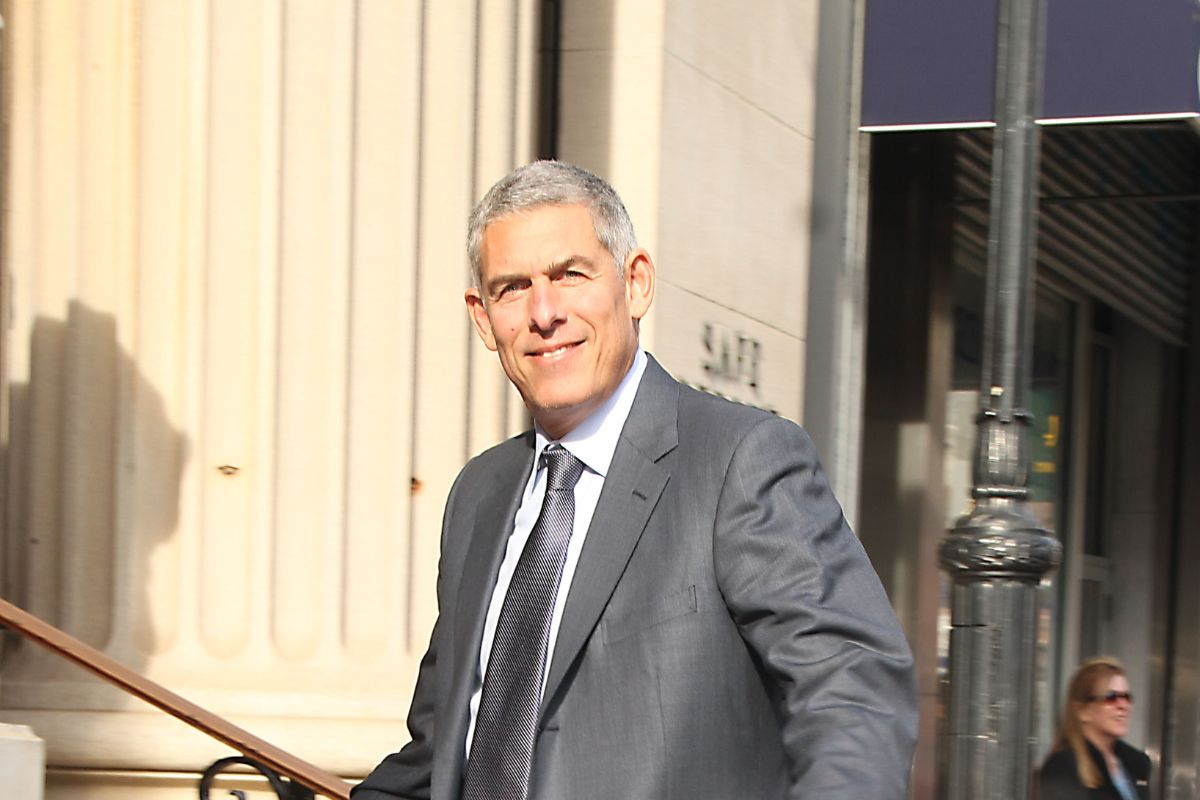Lyor Cohen believes artificial intelligence could be the creative lifeline artists never knew they needed—even as the music industry sues AI companies for allegedly stealing copyrighted work.
The longtime music executive and current head of YouTube Music and Google Music shared his optimistic stance in a Billboard guest column, arguing that AI won’t erase artistry but instead elevate it.
“This thing isn’t here to replace artists. It’s here to help them soar to even higher levels of artistry,” Cohen wrote.
Cohen, who began his career at Rush Management and Def Jam in the 1980s, compared generative AI to earlier innovations like drum machines and samplers that once rattled the industry but eventually became essential to Hip-Hop.
“Think of gen AI as the ultimate creative partner,” he said. “An artist can now create a dozen versions of a record, find the perfect hook, or get the lyrics just right, all while keeping their hands on the wheel of their creative work.”
He pointed to artists already embracing AI tools. The Wu-Tang Clan utilized Google’s Veo to produce the video for “Mandingo,” while Teyana Taylor employed AI filmmaking software for her short film, “Escape Room.”
But Cohen’s enthusiasm arrives as major record labels take a sharply different stance.
In 2024, Universal Music Group, Sony Music and Warner Music Group filed lawsuits against AI startups Suno and Udio, accusing them of training their models on copyrighted songs without permission.
The suits, led by the Recording Industry Association of America, seek up to $150,000 per infringing work.
The labels claim these platforms copied decades of music to generate new tracks that mimic protected recordings. Suno reportedly has over 10 million users, and Udio’s AI-generated songs have gone viral on social media and streaming platforms.
Independent artists also joined the legal fight, filing class-action suits alleging that their work was used without their consent. One complaint stated that Suno and Udio “elected to simply steal the songs.”
Despite these legal battles, Cohen insists authenticity remains irreplaceable.
“While new technology has always brought about disruption, fans have a knack for connecting with authenticity,” he wrote. “AI isn’t going to be a replacement for that — artists must continue to bring their true selves to their work, otherwise, fans will see right through it.”
Still, the rise of AI-generated music is undeniable.
According to Deezer, as of September 2025, 28% of all daily uploads to its platform were fully AI-created. Yet these tracks account for just 0.5% of streams, with most plays flagged as bots.
His message comes as the courts weigh the future of copyright law and the role AI will play in shaping the next generation of music.
